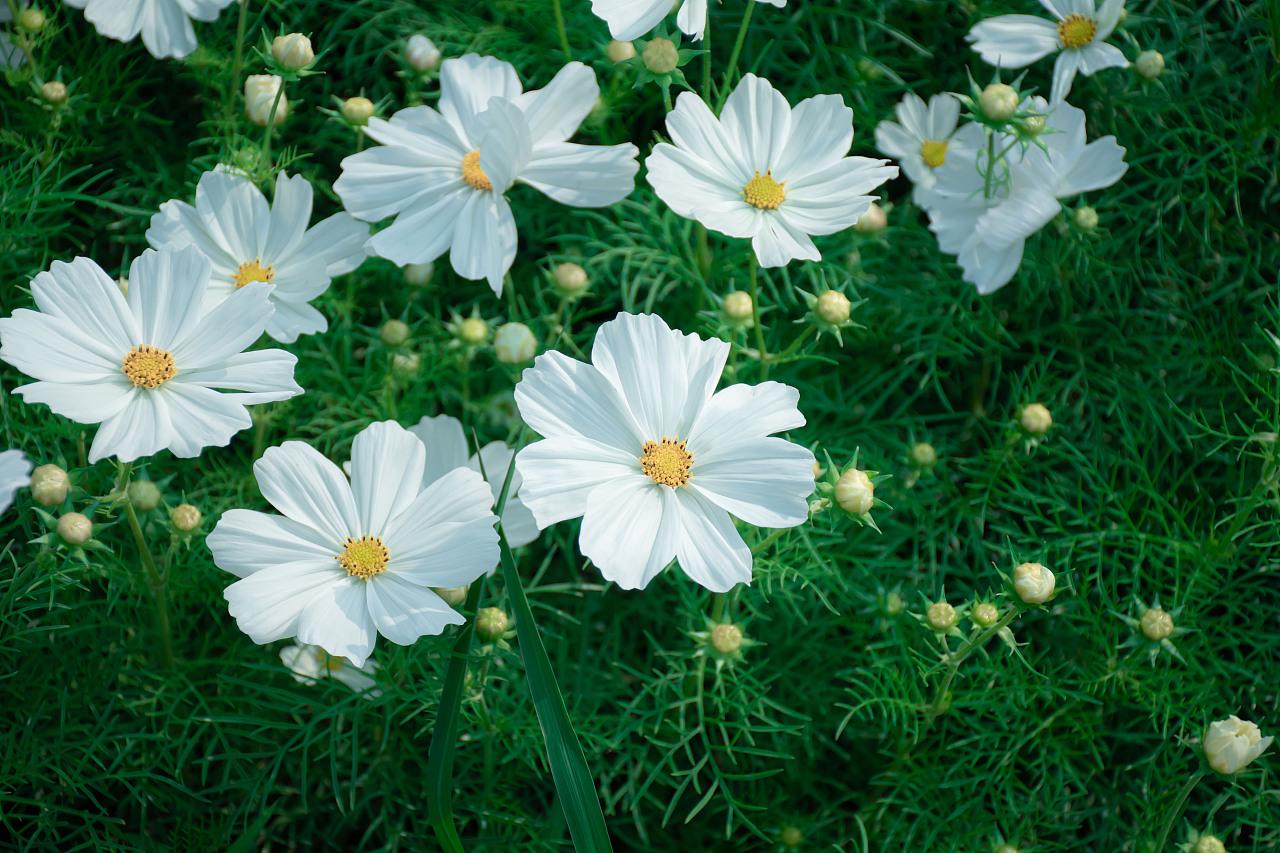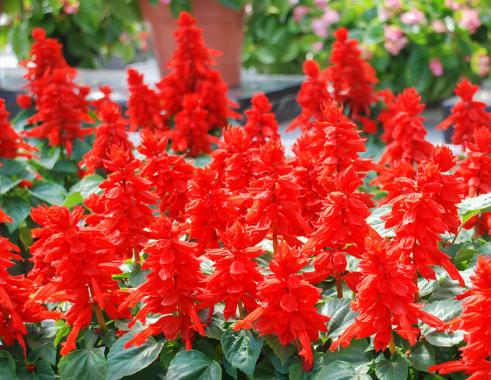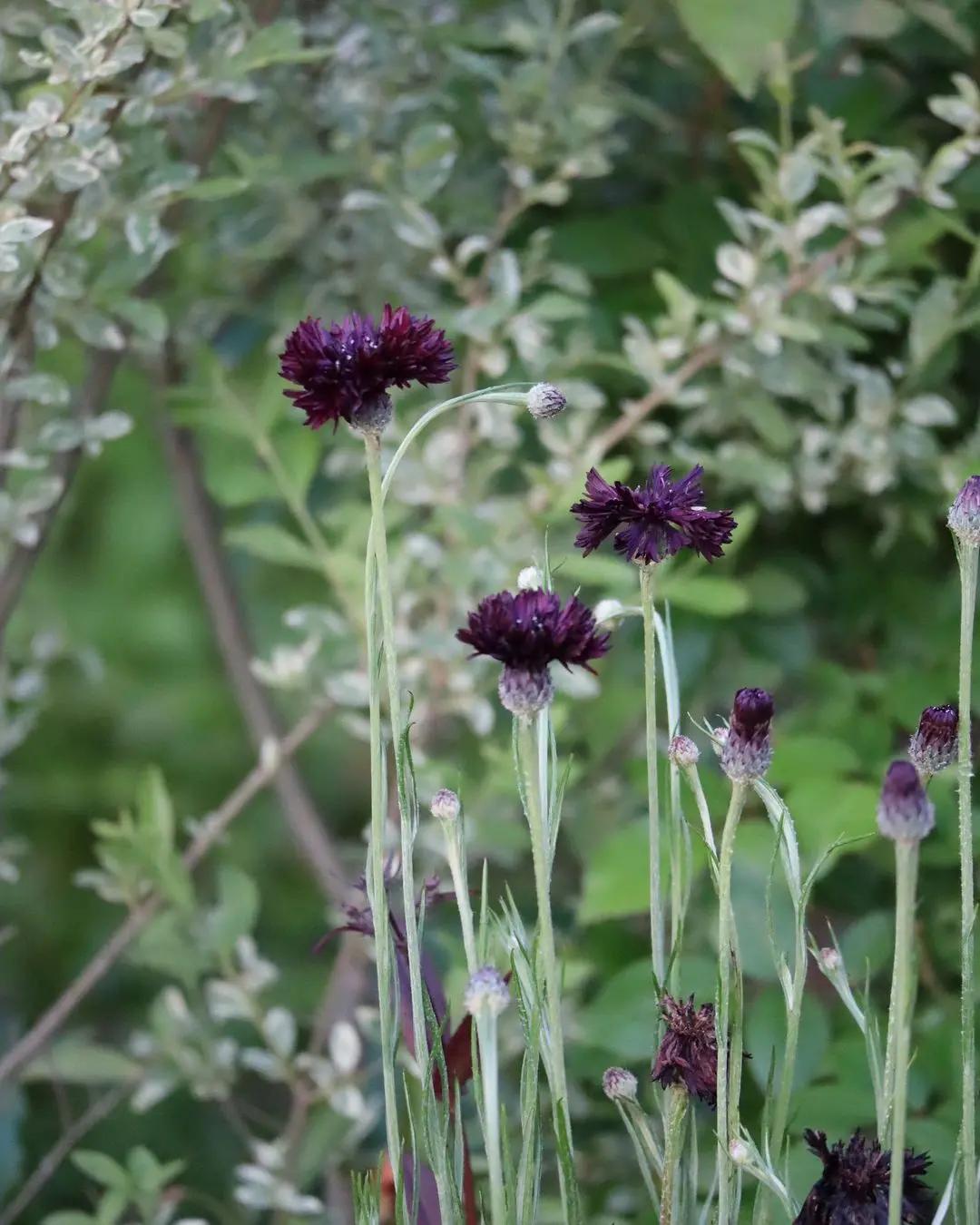Cymodoceaceae is a family of seagrasses found in coastal regions around the world. One interesting story about this family is that their pollen grains are able to travel long distances on ocean currents, allowing them to colonize new areas and adapt to changing environments. Additionally, certain species of Cymodoceaceae have been found to produce chemicals that have antiviral and anti-inflammatory properties, making them potential sources for new medicines. Overall, Cymodoceaceae is a fascinating and important family of plants that play a crucial role in coastal ecosystems and human health.
Picture
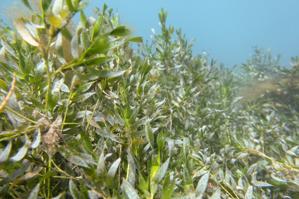
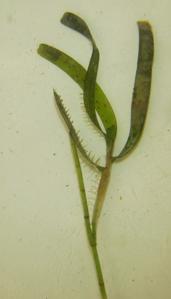
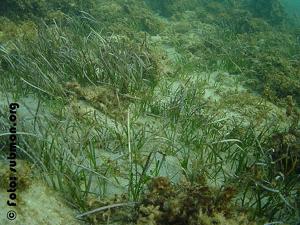
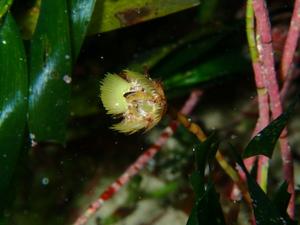
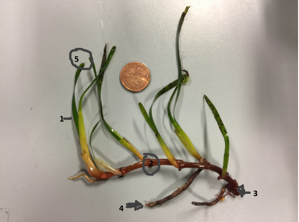
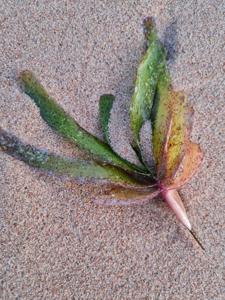
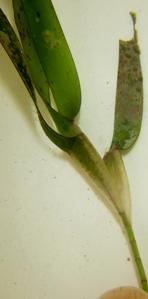
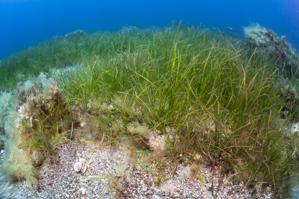
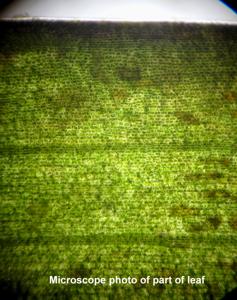
Plant some seeds now!
Short Description
Cymodoceaceae is a family of flowering plants, sometimes known as the “manatee-grass family”, which includes only marine species.
The 2016 APG IV does recognize Cymodoceaceae and places it in the order Alismatales, in the clade monocots. The family includes five genera, totaling 17 species occurring in tropical seas and oceans (so-called seagrasses). According to the AP-Website it is doubtful if the family Ruppiaceae is distinct enough to be kept apart. The inclusion of the sole genus Ruppia in Ruppiaceae in Cymodoceaceae is being considered. The plants in the three families Cymodoceaceae, Posidoniaceae and Ruppiaceae form a monophyletic group.
Cymodoceaceae
Amphibolis
Thalassodendron
Cymodocea
Syringodium
Halodule
Its fossil record shows that Cymodoceaceae was established in its current Indo-West Pacific distribution by the early Eocene and perhaps even during the late Paleocene. Fossils of Thalassodendron auriculalopris den Hartog and Cymodocea floridana den Hartog (both extant) were also found in west-central Florida and date back to the late middle Eucene. Their age and lack of diversity speaks to an extremely slow rate of evolution within the Cymodoceaceae.

